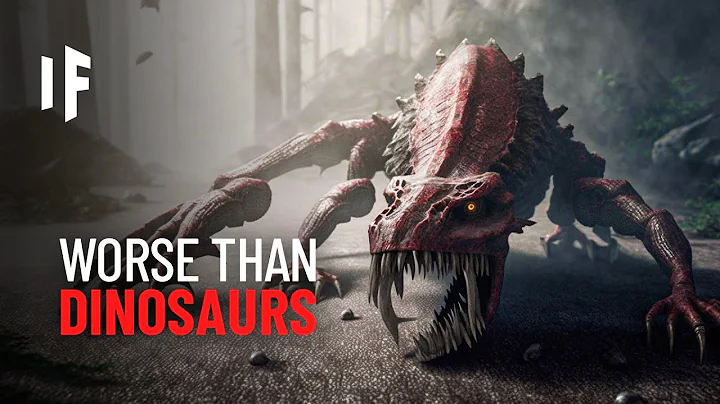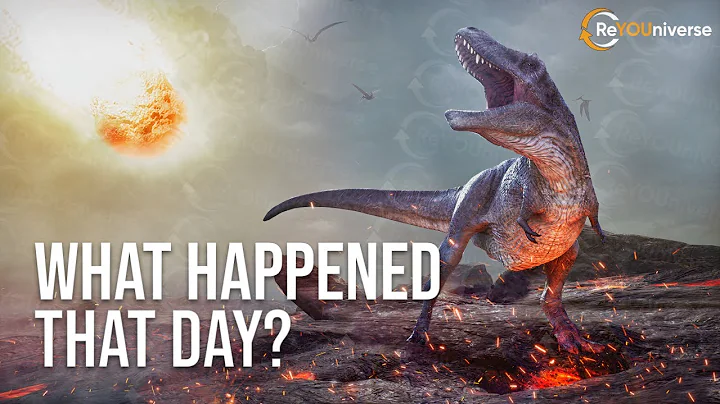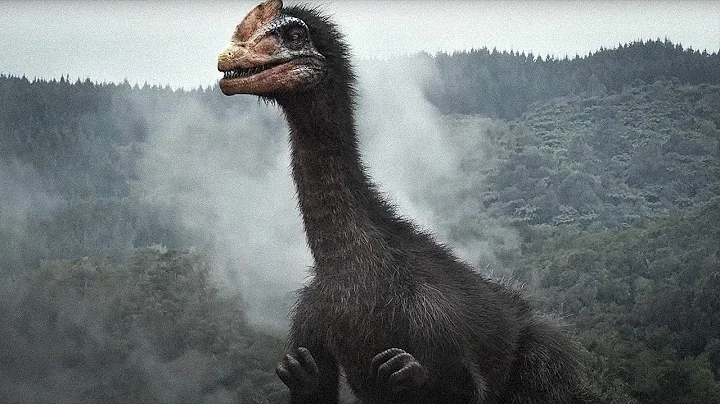Even people living in a society with advanced medical technology and a safe society cannot avoid aging and death. Not only humans, but other warm-blooded animals such as mammals and birds cannot escape the fate of aging. However, some crawlers and can easily overcome it.
Rita da Silva of the University of Southern Denmark and other researchers used the Zoological International Information Management System (ZIMS) to collect extensive information from zoos around the world and found that turtles in zoos and aquariums are not only Live longer, and most turtles age more slowly, or even stop or reverse the aging process.
Rita published this finding in the scientific journal Science.

Turtles will not die with aging?
Researchers analyzed data from about 26,000 animals from 52 turtle species and found that 75% of the species studied showed extremely slow aging rates, with 80% aging more slowly than humans.
Rita da Silva said in a press release from the university, "Contrary to previous aging theories, which show that many species of turtles delay aging or even turn it off completely, 'aging is not the fate of all living things.'"
Evolutionary biology explains that aging after sexual maturity is a conflict (trade-off) between physical recovery and reproduction. The decision is made between investing energy in restoring cell and tissue damage or investing energy in reproduction, leaving genes for the next generation.
Most animals stop growing after sexual maturity and embark on the path of aging, with body functions declining and eventually death. However, researchers analyzed that turtles continue to invest energy to compensate for cell damage after sexual maturity, seemingly delaying or avoiding aging. Many sea turtles continue to grow throughout their lives, with male turtles getting older and larger, while females may lay more eggs.
The Aldabra giant tortoise living in the Seychelles Islands in the Indian Ocean is a long-lived tortoise that can live to be more than 100 years old, and some individuals can live to 200 years old. Studies have found that its aging rate (as it ages) rate of increase in death) is zero. This means they have the same chance of dying when they are old as they were when they were young.
In addition, researchers also found that Hamilton's turtles living in Southeast Asia have a negative aging rate. This means they have lower mortality rates as they age, rather than higher mortality rates as they age like humans.
A negative aging rate has also been recorded in the female Greek tortoise . This turtle, which is found along the Mediterranean coast, is also known for its longevity, with lifespans well in excess of 100 years.

Turtles also die, but not because of aging
The fact that aging stops or that the aging rate is negative does not mean that these turtles will live forever. Professor Fernando Colucello, one of the lead authors of the paper, said, "These turtles do not mean that they will live forever, it just means that their probability of death does not increase as they age." In other words , they are also destined to die one day, for example from disease.
Until the secrets that control aging are revealed, these long-lived sea turtles are in danger of disappearing from the face of the earth. The Aldabra giant tortoise, Hamilton's turtle and Greek tortoise are all listed as internationally endangered due to overhunting and poaching.
Turtles in zoos have a lower mortality rate than turtles in the wild because of their better habitat. However, a paper by Beth Reinke, a professor of biology at Northeastern Illinois University, and others shows that the longevity of turtles is not just due to a good environment.
Researchers analyzed long-term studies of 77 ectothermic animals, including wild turtles, and found that the aging rate of wild turtles is more than one-twentieth lower than that of mammals, and half the level of birds and humans. In addition, the aging rate of Tuatara, a reptile unique to New Zealand, is 90% of that of turtles, with an average lifespan of 137 years.

Conclusion
In the mid-19th century, the average life span of a 40-year-old person increased to 81 years. However, this is mainly due to the reduction of child mortality and the improvement of living conditions, and the aging rate, which increases mortality sharply with age, has not changed much. Therefore, how long-lived turtles, salamanders, crocodiles and other cold-blooded animals suppress aging has attracted people's attention.





















